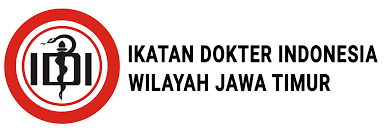Zinc Deficiency as Predictor of COVID-19 Severity: A Systematic Review and Meta-Analysis
Abstract
Introduction: Despite the fact that zinc deficiency is asymptomatic, its incidence is rising over the world, with no visible clinical manifestation. Mineral and vitamin supplementation to prevent the inflammatory response is a major concern during the COVID-19 pandemic. Zinc may play a role in the development of a stronger immunological response. Nonetheless, there is insufficient information to investigate the benefits of zinc on its own. The impact of zinc deficiency on the severity of COVID-19 infection will be discussed in this systematic study.
Material and Methods: We used the search phrases "COVID-19" or "SARS-CoV-2" and "Zinc Deficiency" to look for publications published between 2020 and April 2021 in scholar google, PubMed, SCOPUS, and Proquest. All of the information was examined qualitatively.
Results: There are three papers that discuss the benefits of zinc and indicate that zinc deficiency has a key influence in the severity of COVID-19. According to one study, there is no link between zinc deficiency and COVID-19 severity.
Conclusions: COVID-19 infection is linked to low zinc levels in the blood. It may become a risk factor for COVID-19 severity or a contributing factor that goes unnoticed in regular practice. Zinc supplementation or zinc baseline serum may play a role in determining potential daily supplementation and treatment for patients at risk of zinc insufficiency in the COVID-19 group in RCT and better design studies.
Downloads
Published
Issue
Section
License
Copyright (c) 2022 Ayu Rizky Widowati, Sutrisno Sutrisno

This work is licensed under a Creative Commons Attribution 4.0 International License.








































